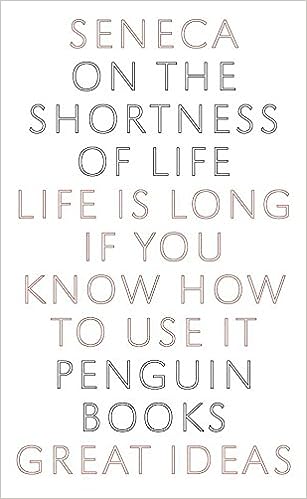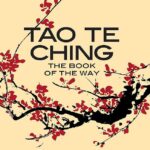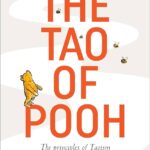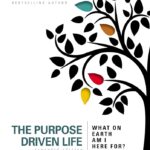Welcome to Thinkers Books, where we bring you the most insightful and thought-provoking books of our time. Today, we’re diving into a timeless masterpiece that’s as relevant today as it was nearly two millennia ago. We’re discussing ‘On the Shortness of Life’ by the legendary Stoic philosopher, Seneca.
Written around 49 AD, this book is a philosophical essay and a call to action. It challenges us to examine our lives, our priorities, and how we use our time. Seneca, a prominent Stoic philosopher, statesman, and dramatist, uses his sharp intellect and eloquent language to deliver profound wisdom about life and death.
‘On the Shortness of Life’ wrestles with the concept of time and our relationship with it. Seneca argues that life isn’t short, but we make it so by wasting a lot. He encourages living in the present and making the most of our lives. The book also delves into themes like the pursuit of wealth, ambition, friendship, and duty.
The book opens with Seneca’s bold assertion, ‘ It’s not that we have a short time to live, but that we waste a lot of it.’ He criticises people preoccupied with pointless pursuits, which rob them of their time and life. He emphasises that life, if well-lived, is long enough.
Seneca then discusses how people pursue wealth and social status, only to realise they’ve sacrificed their lives. He warns against the danger of becoming a slave to our desires and ambitions.
In the book’s final part, Seneca discusses the importance of self-improvement, true friendship, and fulfilling our duties. He encourages us to live according to nature, value our time, and lead a virtuous life.
- Value of Time: One of the most profound lessons from the book is the importance of time. Seneca emphasises that time is the only resource that, once spent, we can never get back. He urges us not to squander it on frivolous pursuits or in idleness. Instead, we should use our time wisely, investing it in actions and plans that enrich our lives and understanding the world. Remember, every moment wasted is a moment of life we’ll never reclaim.
- Living in the Present: Seneca’s philosophy is grounded in the Stoic belief of living in the present. He encourages us to let go of past regrets and future anxieties, as neither is within our control. The past has already happened, and the future is yet to come. The only thing we truly have control over is the present moment. Focusing on the present can lead to more fulfilling and meaningful lives.
- Pursuit of Wealth and Status: Throughout the book, Seneca warns against the relentless pursuit of wealth and status. He argues that these pursuits often distract us from what truly matters: virtue, wisdom, and personal growth. Acquiring wealth or achieving high social quality does not guarantee happiness or contentment. Instead, it often leads to more desires and dissatisfaction. True happiness, according to Seneca, lies in leading a virtuous life.
- Importance of Self-improvement: Seneca emphasises the pursuit of knowledge and wisdom for self-improvement. He suggests that we should strive to improve ourselves and grow. This doesn’t just mean acquiring knowledge for the sake of it but learning to understand life, the world around us, and our place in it. It’s about becoming wiser, more compassionate, and more virtuous individuals.
- True Friendship: In Seneca’s view, true friendship is not about mutual benefit or shared interests. Instead, it’s about supporting each other in the pursuit of virtue. A true friend helps us become better versions of ourselves. They challenge, encourage, and stand by us in our journey towards self-improvement and personal growth. In this sense, friendships are social connections and vital partnerships in our quest for a meaningful and virtuous life.
This book’s key strength lies in its timeless wisdom and universal applicability. Despite being written centuries ago, its lessons resonate with modern readers. It’s a wake-up call to reassess our priorities and live more meaningfully.
I believe ‘On the Shortness of Life’ is a transformative read. It challenged me to reflect upon my own life and priorities. It’s a stark reminder that time is fleeting, and we should make the most of it.
As Seneca said, “Life is long if you know how to use it.” So, we urge you to seize the day and make every moment count!
Thinkers Books invites you to continue seeking knowledge through our curated collection of book summaries. We hope these explorations inspire, challenge, and enrich your lifelong learning journey. Thank you for being part of our community of thinkers.







